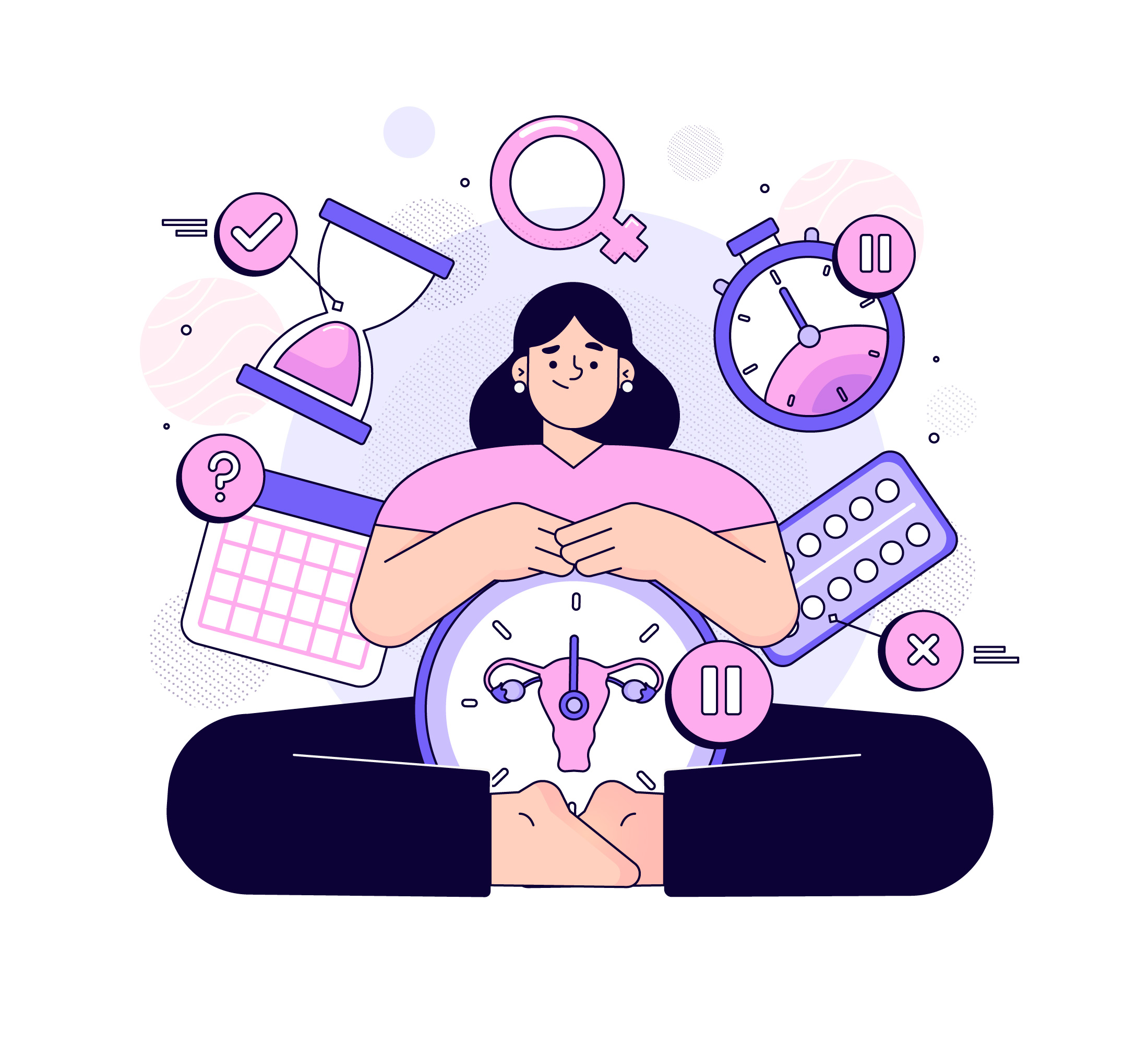Contraceptive Hormone and Reward Measurement (CHARM) Study
Researchers are partnering with individuals who have regular menstrual cycles to examine the effects of hormonal oral contraceptives (OCPs) on brain processes and emotional wellbeing. Join our compensated study today!

Fast Facts
not using hormonal birth control
regular menstrual cycle
Females, 18+ years old
Compensation Provided
Conducted in Aurora, CO
Study Background
Our research team is investigating how oral hormonal contraceptives affect the brain and emotional wellbeing. Although they are widely used to prevent pregnancy and treat many health conditions, we still have questions about their effects on the brain. In this study, we will specifically investigate reward processing – that is, a person’s ability to anticipate and enjoy pleasurable things – in people taking oral contraceptive pills.
Your participation in this study may help researchers better understand how oral contraceptives might impact emotional well-being and place certain women at greater risk for neuropsychiatric side effects. Further research today and join our compensated study!

Study Background
Our research team is investigating how oral hormonal contraceptives affect the brain and emotional wellbeing. Although they are widely used to prevent pregnancy and treat many health conditions, we still have questions about their effects on the brain. In this study, we will specifically investigate reward processing – that is, a person’s ability to anticipate and enjoy pleasurable things – in people taking oral contraceptive pills.
Your participation in this study may help researchers better understand how oral contraceptives might impact emotional well-being and place certain women at greater risk for neuropsychiatric side effects. Further research today and join our compensated study!
Additional Information
You may qualify for this study if you meet the following criteria.
Inclusion Criteria:
- 18+ years old
- Assigned female at birth
- Not currently taking hormonal birth control
- Right-handed
- Regular 21-35 day menstrual cycles for the past 6 months
- Generally good health
- Willingness to abstain from intercourse or use a non-hormonal back-up method of contraception (e.g., condoms) during the entire course of the study
- Negative urine drug screen at the first visit, except marijuana or benzodiazepine that is being prescribed by a physician as a sleep aid
- Able to abstain from caffeine and/or cannabis for 2 hours before fMRI scan visits
- Access to a reliable internet connection or cell phone data to complete daily questionnaires
Exclusion Criteria:
- History of severe or unstable physical, neurological, or psychiatric disorders
- Lifetime history of psychotic disorders
- History of substance use disorder not in remission
- Current tobacco use
- Personal or family history of a venous thromboembolism
- High blood pressure
- Any current or past history of malignancy
- Migraines with aura
- Currently pregnant, recently pregnant, or breastfeeding
- Known chromosomal or hormonal disorder affecting sex steroids
- Current use of psychotropic medication, except benzodiazepines
- Claustrophobia
- Metal in the body
- Weight over 300 pounds (due to equipment restrictions)
If you are interested in participating in this research study you will undergo an initial 20-30 minute phone interview. If you are determined to be eligible, participation involves:
- Screening (45-60 minutes, online via Zoom)
- Informed consent
- Mental health assessment
- Surveys regarding life experiences
- Baseline & follow-up assessments (2 hours each, in-person)
- Physical exam (baseline only)
- Urine drug screen (baseline only)
- Blood sample
- Questionnaires
- Pregnancy test
- 1-hour brain imaging session
- Medication (21 days)
- You will be randomly assigned to receive either an oral contraceptive or a placebo (“sugar pill”). Study medications will be provided at no cost to the participant.
- Daily check-in surveys (21 days)
- Each day you take a pill, you will also complete a survey and upload a video of yourself taking the medication
You may also have the option to participate in the long-term study arm, where you would take the oral contraceptive for up to 6 months (oral contraceptive is provided at no cost to participants).




